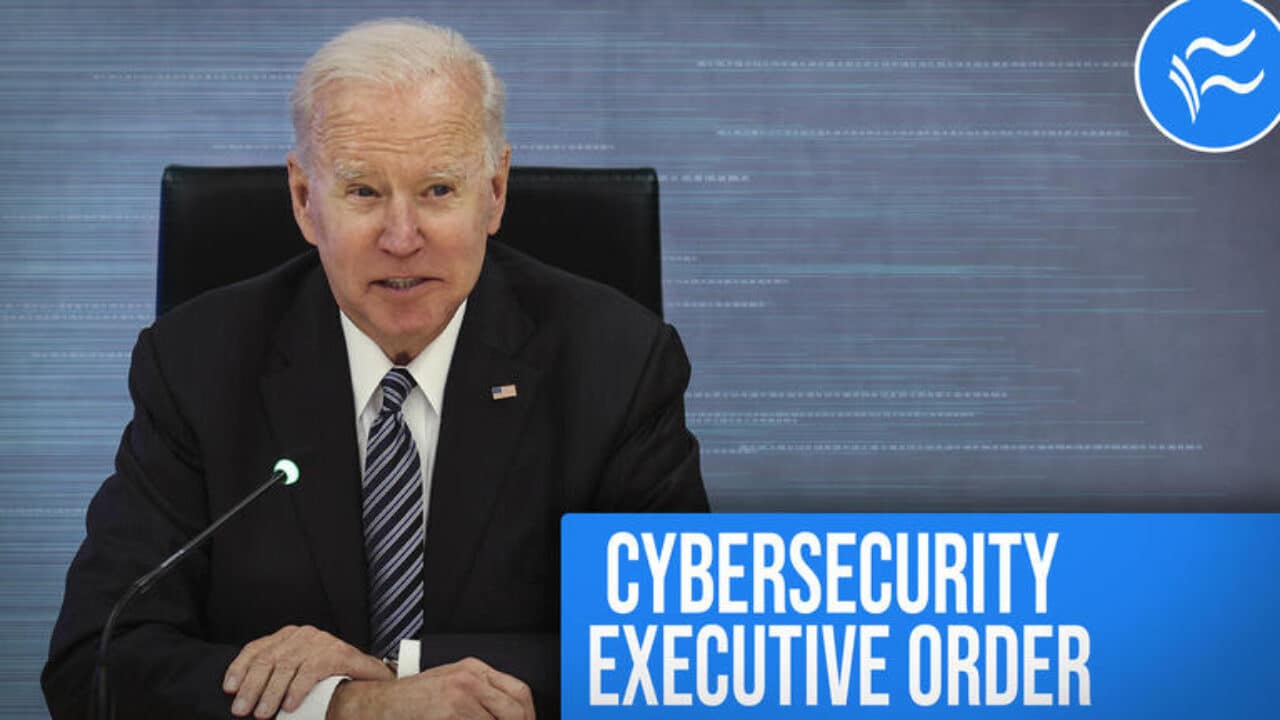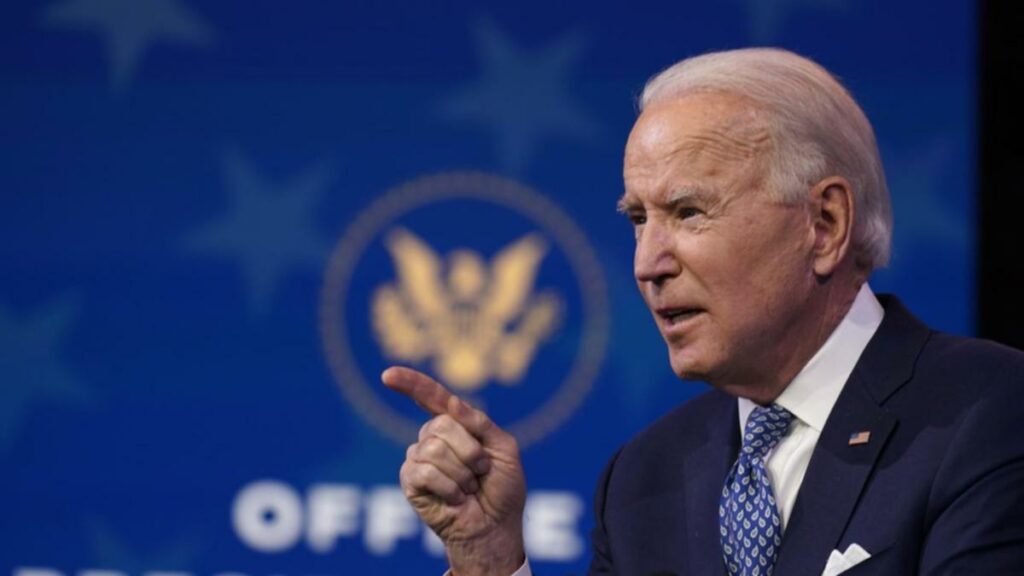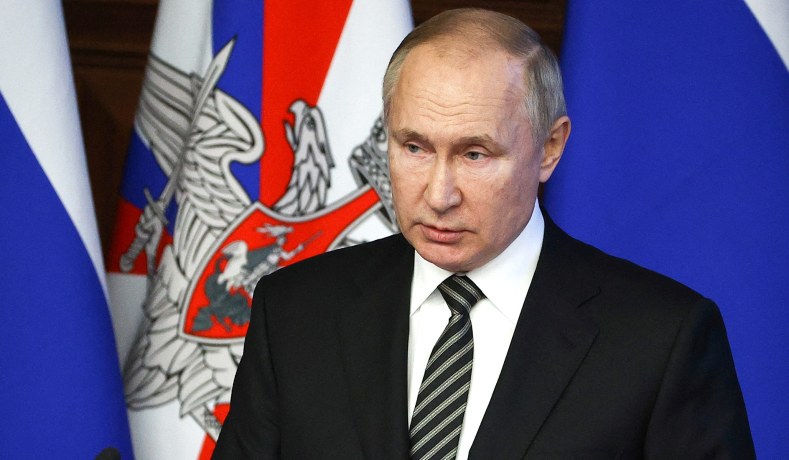
20210524 bidencyber karen 1280x720 1
Why is the Biden administration letting Moscow set the terms of international norms for cybersecurity?
Earlier this month, the U.N. General Assembly adopted a resolution on international information security, sponsored jointly by Russia and the United States. But don’t be fooled: “Joint” sponsorship does not imply equally represented interests so much as capitulation. The resolution follows the Biden administration’s inexplicable granting of support to a summer 2021 effort in the U.N. to draft international “rules of the road” for cyberspace, a push directed primarily by Russia. Given Russia’s authoritarian control of Internet use by its citizens, incessant cyberattacks against the U.S., and penchant for manipulating international organizations, why has the Biden administration ceded so much ground to the Kremlin?
Is it true? Biden Capitulates to Russia ‘s Putin?
That question is even more perplexing in light of Biden’s repeated assertions, on the campaign trail and in office, that cybersecurity is a high priority for his administration. Despite these statements, the Kremlin’s interference in U.S. elections and its offensive cyberattacks against critical infrastructure failed to make Biden think twice about entrusting cyber norms to Russian leadership.

The Russian government and its official media are celebrating the latest Russo–American cyber cooperation as a “historic moment.” It’s easy to understand the Kremlin’s excitement. For Russia, cyberspace is an arena in which it can challenge the U.S. in asymmetric ways that would be impossible with conventional force. Accordingly, Moscow has evolved into a major cyber power with advanced capabilities and a willingness to use them aggressively.
Given Russia’s typical disregard for international norms, this current emphasis on U.N. regulation may seem unexpected. Putin, however, is known for leveraging international institutions strategically to promote Russia’s international status as a great power and to project himself as being on an equal footing with American presidents. He also scores points at home and abroad by establishing Russia’s international leadership in cutting-edge issues such as cybersecurity.
Regulating cyberspace through multilateral institutions has been on Russia’s agenda for more than two decades. Russia proposed a set of “principles of international information security” to the U.N. as far back as 1999, though it received little support at the time. That didn’t deter Russia from refusing to sign the 2001 Budapest Convention on Cybercrime, the only legally binding cybersecurity treaty to date, because its provisions were allegedly “too intrusive.” Nonetheless, two decades after Russia began its quest to regulate the Internet, Putin’s dream came true when Russia beat out the U.S. to receive the U.N.’s approval to draft a global cybercrime treaty in 2019.
The new “joint” resolution is markedly Russian in outlook. The document entirely neglects language on “cybersecurity,” the conventional word in American discourse to describe technical attacks such as data theft, surveillance, and infrastructure hacking. Instead, it is replete with “information security,” the favored Russian military buzzword, which, in addition to its technical and defense aspects, also includes the psychological side of Russian information operations that target the decision-making processes of leaders and their people.
The precedent this move sets is worrisome. Next year, Russia and the U.S. will compete for a seat at the U.N.’s International Telecommunications Union, a highly influential body with real potential to move the dial on telecommunications and information policy for years to come. Should the Kremlin succeed again in wresting control of the ITU from America, further concessions in cyberspace should be expected.
Instead of naïvely relying on the U.N., President Biden must protect American national interests first. The Biden administration needs to push back now, and forcefully, against Russia’s cyber aggressions. The U.S. must vigorously pursue new offensive and defensive cyber-capabilities in order to bring stability to cyberspace and impose serious countermeasures on Russia for cyberattacks.

Earlier this month, a high-ranking Russian foreign-ministry official, Andrey Krutskikh, who oversees the country’s international cooperation on information security, declared that World War III has already begun — in cyberspace. President Biden should stop imitating Woodrow Wilson, who believed that “idealism is going to save the world.” The unvarnished truth is that the League of Nations did not prevent World War II, and make no mistake: The U.N. will not prevent cyberwars either.
53,715 total views, 3 views today




